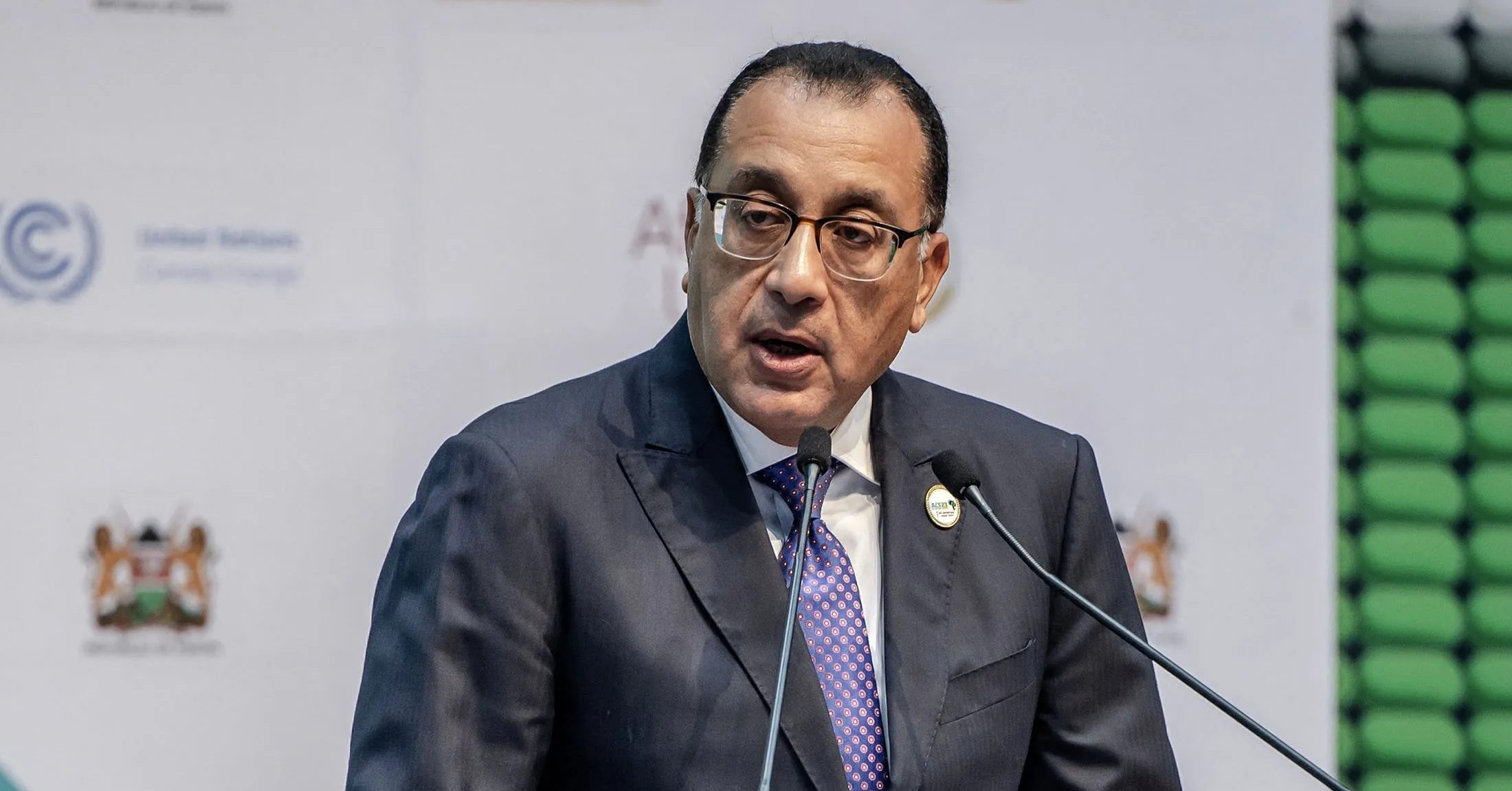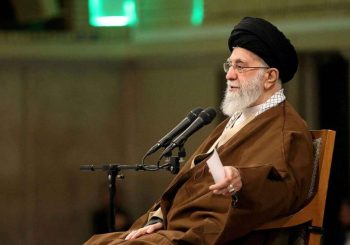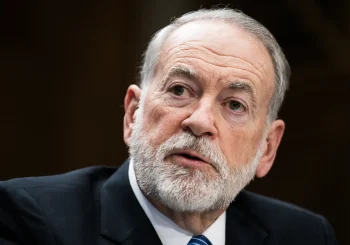Egyptian Prime Minister Mostafa Madbouly vowed to avoid past economic missteps, underscoring the importance of maintaining a flexible exchange rate to strengthen investor confidence and support long-term economic growth.
Speaking at a press conference on Saturday, after touring health facilities in Giza and Cairo, Madbouly acknowledged that previous policies of fixing the exchange rate had led to severe challenges.
“Fixing the exchange rate for extended periods created a false sense of stability, only to result in sharp devaluations of 30 to 40 percent when crises hit,” Madbouly said. “We won’t repeat those mistakes.”
The prime minister emphasized that a flexible exchange rate helps stabilize the economy by reflecting real market conditions and builds trust in the government’s economic management. Since adopting a flexible exchange rate in March, the Egyptian pound has fluctuated within a range of four to five percent, trading at USD 1/EGP 47 to USD 1/EGP 49.
Madbouly described these fluctuations as manageable, stating that they would not harm the country’s economy or deter investors. “A flexible exchange rate demonstrates that Egypt is fostering an environment where businesses can confidently plan for the next 15 to 20 years,” he explained.
Egypt’s net international reserves have risen significantly, climbing to USD 46.9 billion (EGP 2.3 trillion) in October from USD 40.4 billion (EGP 1.98 trillion) in March, according to the Central Bank of Egypt. The International Monetary Fund (IMF) projects further growth, estimating reserves will reach USD 66.5 billion (EGP 3.26 trillion) by the 2028-2029 fiscal year.
Under a USD 8 billion (EGP 392 billion) Extended Fund Facility (EFF) agreement with the IMF, Egypt has committed to maintaining a flexible exchange rate policy. IMF Managing Director Kristalina Georgieva recently praised Egypt’s resilience and its efforts to maintain economic stability despite regional pressures.







Comments (0)